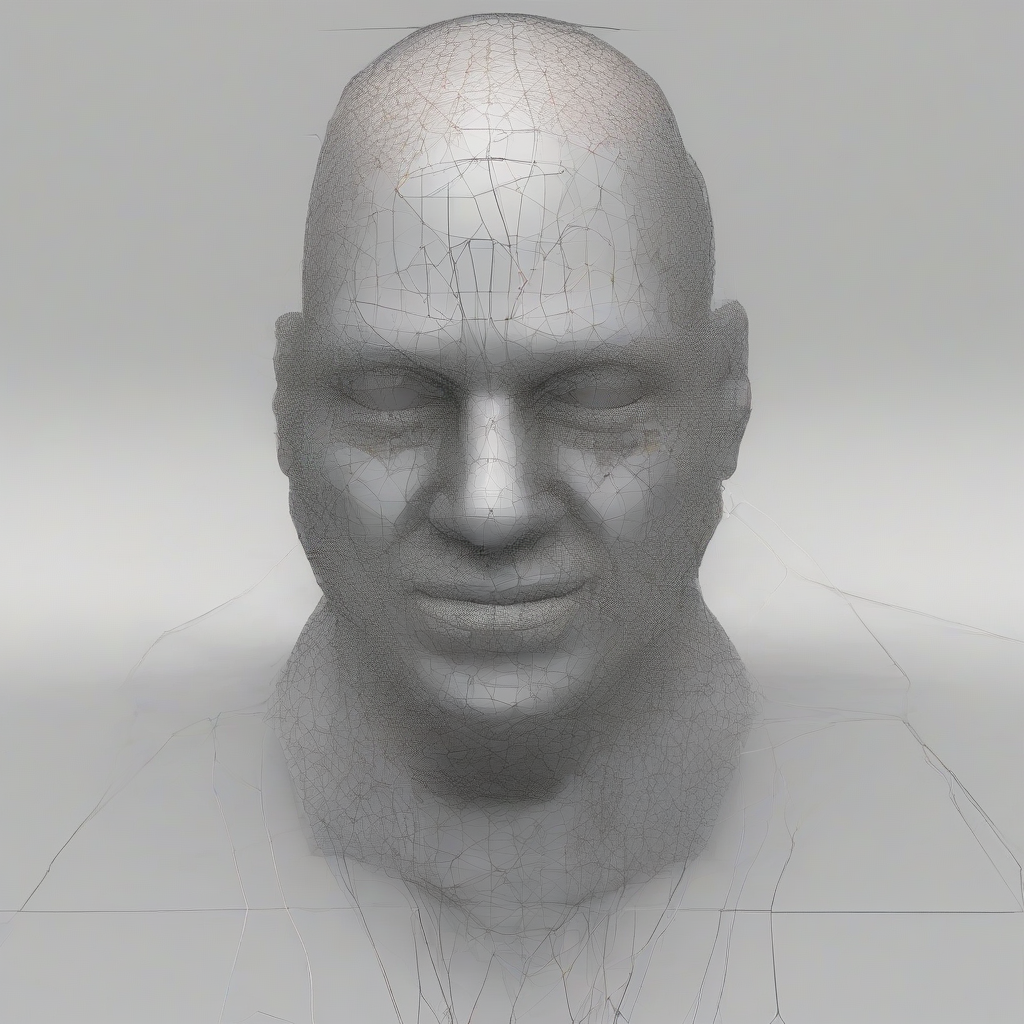
Navigating Michigan’s Mini-Tort Claim Process: A Comprehensive Guide
Michigan’s mini-tort statute, MCL 600.2912b, provides a streamlined process for recovering damages for the unauthorized use of a person’s name, photograph, or likeness for advertising or trade purposes. This guide details the steps involved in filing a successful mini-tort claim in Michigan.
Understanding the Mini-Tort
The mini-tort, officially termed the “appropriation of name or likeness” claim, protects individuals from the unauthorized commercial exploitation of their identity. To succeed, you must prove:
- Unauthorized Use: The defendant used your name, photograph, or likeness without your consent.
- For Advertising or Trade Purposes: The use was for advertising, selling, or promoting a product, service, or business.
- Damages: You suffered damages as a result of the unauthorized use.
Note that this is different from other claims like defamation or invasion of privacy. The focus here is solely on the commercial exploitation of your identity.
Determining if You Have a Claim
Before pursuing a mini-tort claim, carefully evaluate whether your situation meets the legal requirements. Consider these questions:
- Was my name, photograph, or likeness used? This includes images, voice recordings, and even distinctive characteristics.
- Was the use unauthorized? Did you explicitly grant permission? Was the use implied by the context? Implied consent is a complex area and often requires legal expertise.
- Was the use for advertising or trade purposes? This encompasses a wide range of activities, from billboards to social media marketing. News reporting or other forms of expression are generally excluded.
- Did I suffer damages? This can include emotional distress, reputational harm, lost income opportunities, or other quantifiable losses. Even without significant financial losses, you may still be entitled to compensation.
Gathering Evidence
Strong evidence is crucial for a successful mini-tort claim. Begin collecting the following:
- Examples of the Unauthorized Use: Collect copies of advertisements, websites, social media posts, or other materials containing your name, photograph, or likeness.
- Proof of Lack of Consent: Gather emails, letters, or any other communication demonstrating that you did not authorize the use of your identity.
- Evidence of Damages: Document any emotional distress, reputational harm, or financial losses you suffered as a result. This might include medical bills, lost income statements, or witness testimonies.
- Information about the Defendant: Obtain the defendant’s full legal name, address, and any other relevant contact information.
Choosing Your Approach: Demand Letter or Lawsuit
Before filing a lawsuit, many individuals opt to send a demand letter to the defendant. This letter formally outlines your claim, the evidence supporting it, and the desired resolution. A well-crafted demand letter can often lead to a settlement without the need for expensive litigation. However, if the demand letter is unsuccessful, you must consider filing a lawsuit.
Crafting a Demand Letter
A demand letter should be clear, concise, and professional. It should include:
- Your Contact Information: Your full name, address, phone number, and email address.
- Defendant’s Contact Information: The defendant’s full legal name, address, and contact information.
- Statement of the Claim: A clear and concise description of the unauthorized use of your name, photograph, or likeness.
- Evidence: Attach copies of the relevant evidence, such as advertisements or social media posts.
- Damages: Specify the damages you suffered as a result of the unauthorized use.
- Demand: State the amount of money you are seeking in compensation.
- Deadline: Set a reasonable deadline for the defendant to respond to your demand.
Filing a Lawsuit
If a demand letter is unsuccessful, you must file a lawsuit in the appropriate Michigan court. This involves:
- Determining Jurisdiction: Identify the court with jurisdiction based on where the defendant resides or where the unauthorized use occurred.
- Preparing the Complaint: Draft a formal complaint outlining your claim, the facts, and the relief you seek.
- Filing the Complaint: File the complaint with the court and pay the necessary filing fees.
- Serving the Defendant: Ensure the defendant is officially notified of the lawsuit.
- Participating in Discovery: Engage in the legal process of exchanging information with the defendant’s legal team.
- Negotiation or Trial: Attempt to settle the case through negotiation or proceed to trial if a settlement cannot be reached.
Damages in a Mini-Tort Claim
The damages you can recover in a Michigan mini-tort claim can include:
- Actual Damages: These are quantifiable losses, such as lost income or medical expenses directly resulting from the unauthorized use.
- Emotional Distress: You can recover damages for emotional distress caused by the unauthorized use, even without significant financial losses. This often requires evidence such as medical records or testimony.
- Punitive Damages: In cases of egregious conduct, the court may award punitive damages to punish the defendant and deter similar actions in the future. This requires demonstrating malicious intent or gross negligence.
The amount of damages awarded will depend on the specific facts of your case and the court’s assessment of your losses.
Seeking Legal Counsel
While this guide provides a general overview, the complexities of Michigan’s mini-tort law make seeking legal counsel highly advisable. An experienced attorney can:
- Assess the merits of your claim: Determine whether you have a valid claim and the likelihood of success.
- Help you gather evidence: Guide you in collecting the necessary evidence to support your claim.
- Draft a demand letter or complaint: Prepare a compelling legal document that effectively presents your case.
- Represent you in court: Advocate for your rights throughout the legal process.
- Negotiate a settlement: Attempt to reach a favorable settlement with the defendant.
The information provided here is for educational purposes only and should not be considered legal advice. Consult with a qualified Michigan attorney to discuss your specific situation and legal options.


